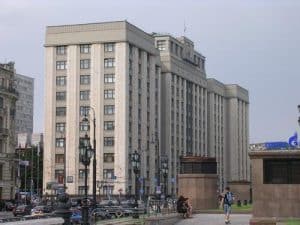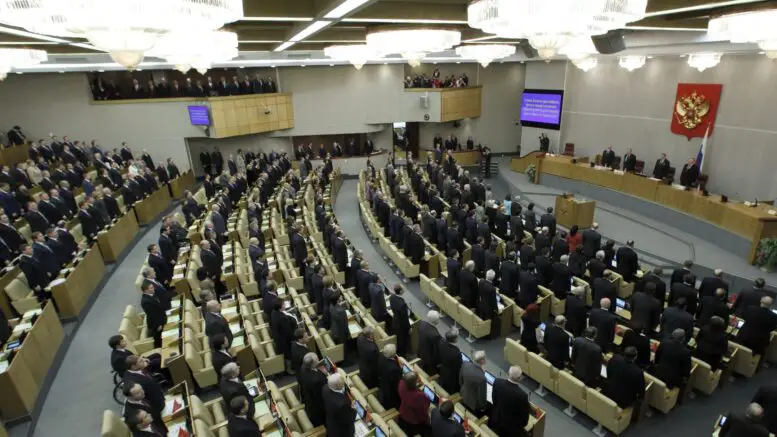Moscow – President Vladimir Putin, responding to the international public outcry surrounding Russia’s proposed law on NGOs, issued an executive opinion on the bill that, in the words of Yelena Zelinskaya, a member of the Public Chamber that introduced the bill, “in effect destroys the original concept of the bill.”
The Russian President urged that state oversight of NGOs be significantly relaxed and that foreign NGOs be allowed to continue to operate without re-registering as Russian entities. In the president’s words, “many of these organizations cannot exist as such, as it would be in violation of the laws of other countries.”
The government, in the president’s opinion, should not subject the lawful actions of international organizations to excessive interference. Furthermore, the president counted as excessive requiring public associations, as non-incorporated entities, to notify the government of their formation and activities.
The Duma revised the bill to the president’s specifications before passing it 357-20 in it’s third and final reading on December 23rd. The bill is expected to quickly pass the Federation Council (the upper house of the Russian Parliament) before being signed into law by the president.
However, while the bill has been significantly relaxed, many groups within and outside Russia still call it draconian.

Russian Parliament (Duma Building)
No one denies that the bill was born of the Kremlin’s desire to control groups that it considers troublesome. Now, it is feared, the bill could be used to destroy many of those groups.
Alex Goldfarb, director of the Foundation for Civil Liberties, named his own group, which is financed by Boris Berezovsky, and the Committee of Soldiers’ Mothers, which has campaigned fiercely for a withdraw from Chechnya, as likely first targets.
In any case, the bill will likely not improve the functioning of NGOs. It creates a new government agency to oversee the registration, finances, and activities of NGOs in Russia. NGOs fear this will require too much time and too many resources for them to continue to do the work that many consider vital to Russian civil society.
Among the bill’s other provisions:
-
A new registration procedure and registration requirements for NGOs are stipulated;
-
Existing NGOs will not have to re-register, but new entities will have to register under the new guidelines and through the new federal registration agency;
-
Foreign NGOs must report their activities, finances, partners, and clients to the agency;
-
Unincorporated public organizations do not have to report to the agency;
-
The agency will not be required to exercise financial control over NGOs, but can decide if an NGO should be dissolved in the interests of security;
-
NGOs may appeal the decisions of the agency in a court of law or the Ministry of Justice;
-
In classified areas, such as near military bases, foreign NGOs’ activities are restricted;
-
Foreigners can found, participate in, and finance NGOs so long as they remain “welcome.” Among the unwelcome are those on a list who are suspected of money laundering or financing terrorist organizations.
While the effects of this law and the new agency are yet to be seen, all are anxiously watching. The law is expected to be in effect in 90 days, in late March of next year.
Find out more!
The full text of the bill (in Russian – originally provided by AmCham, Russia)



